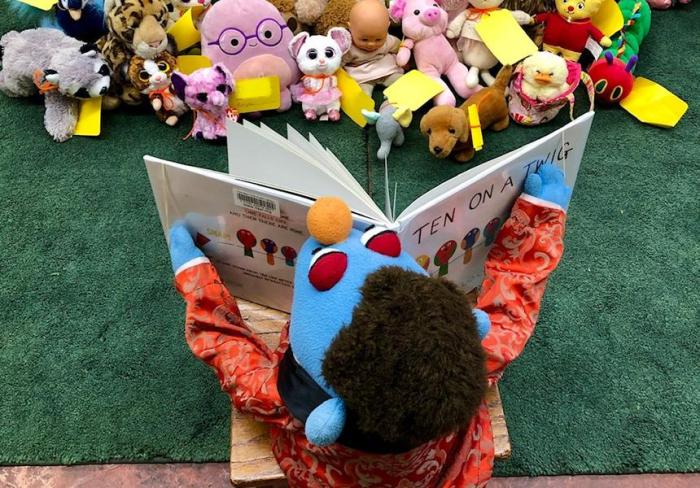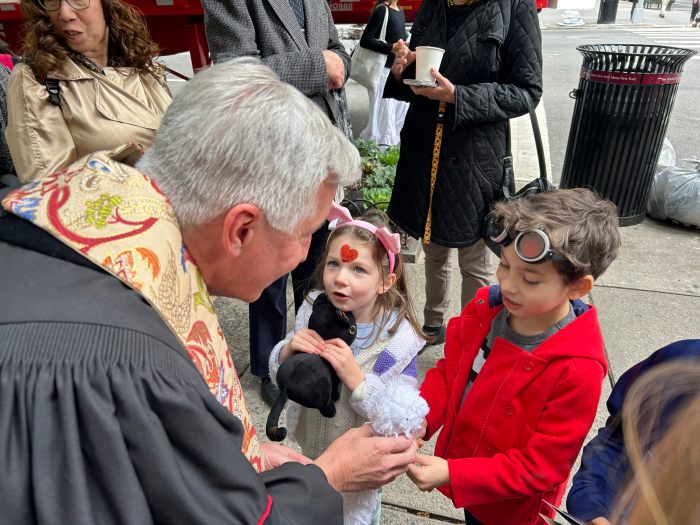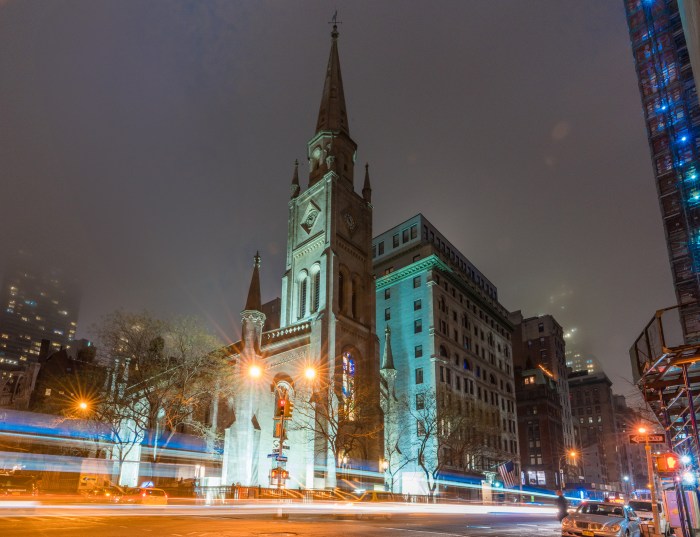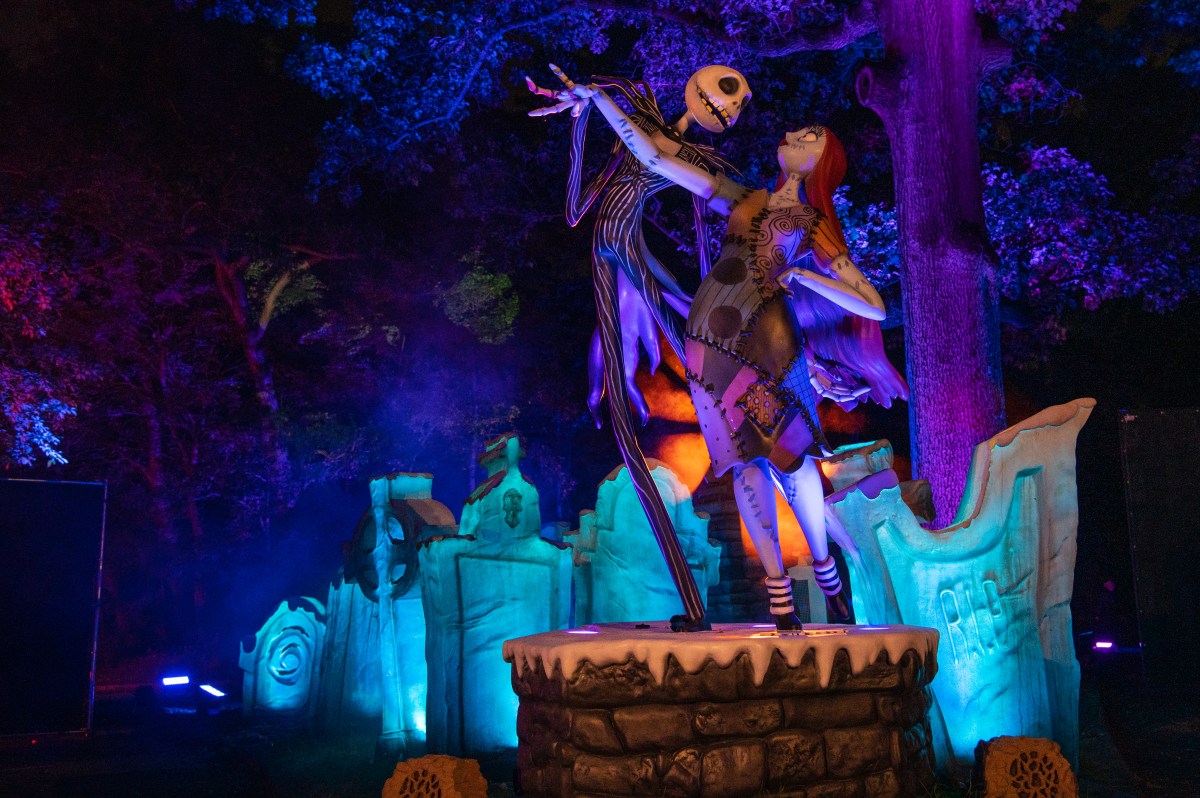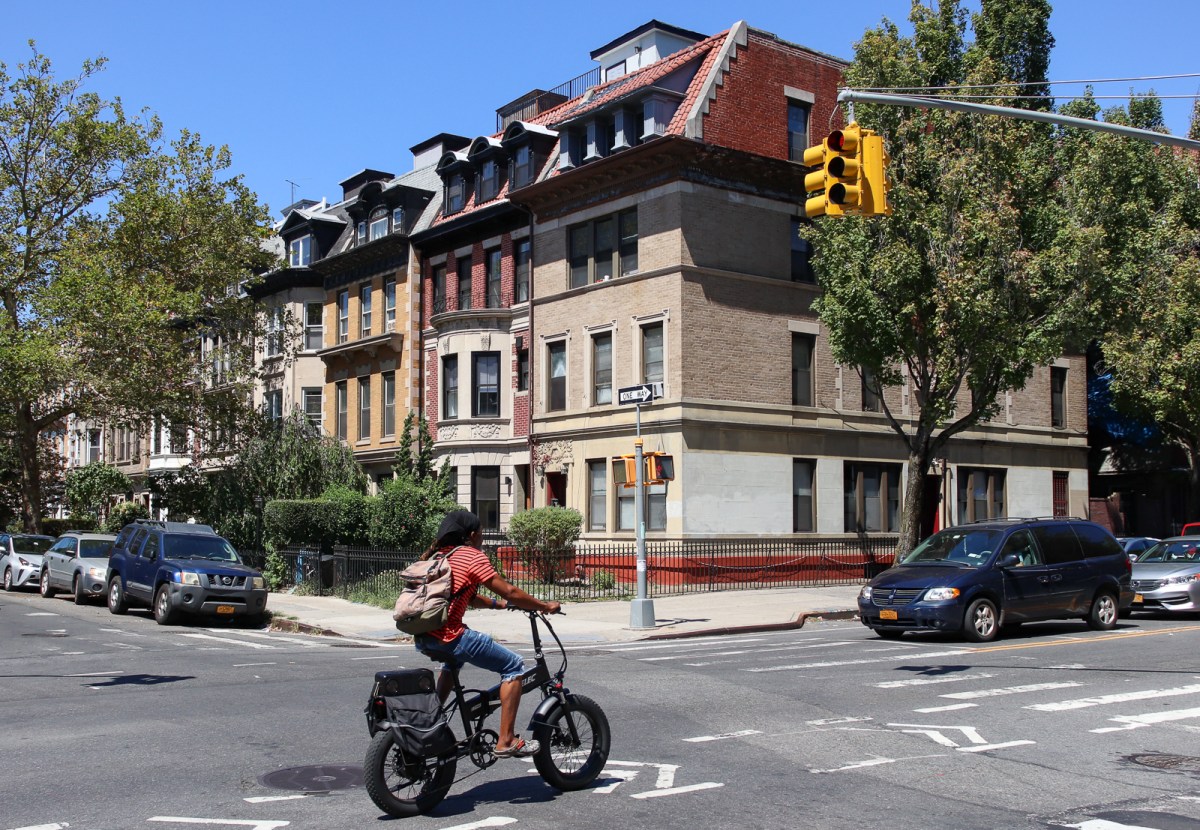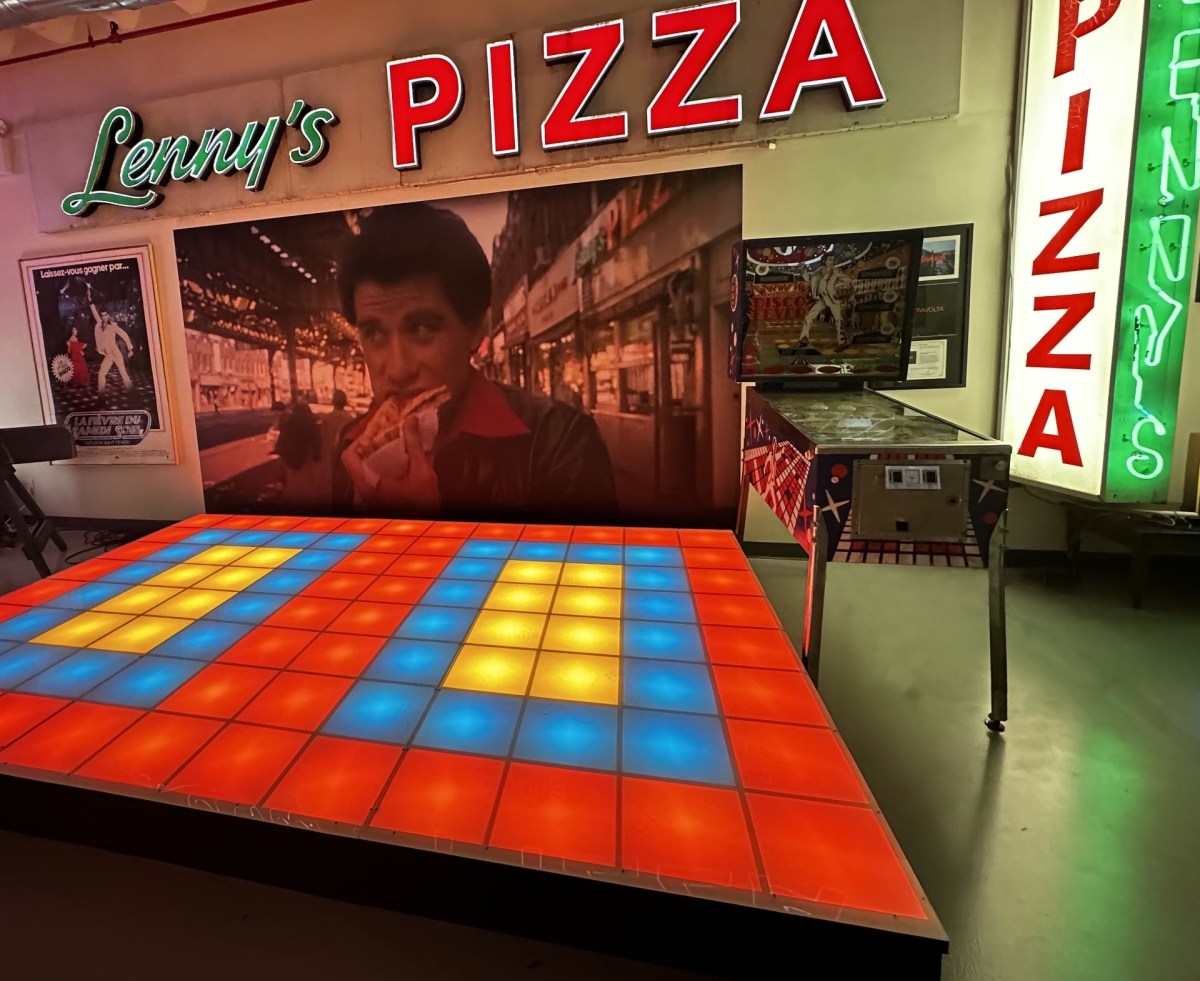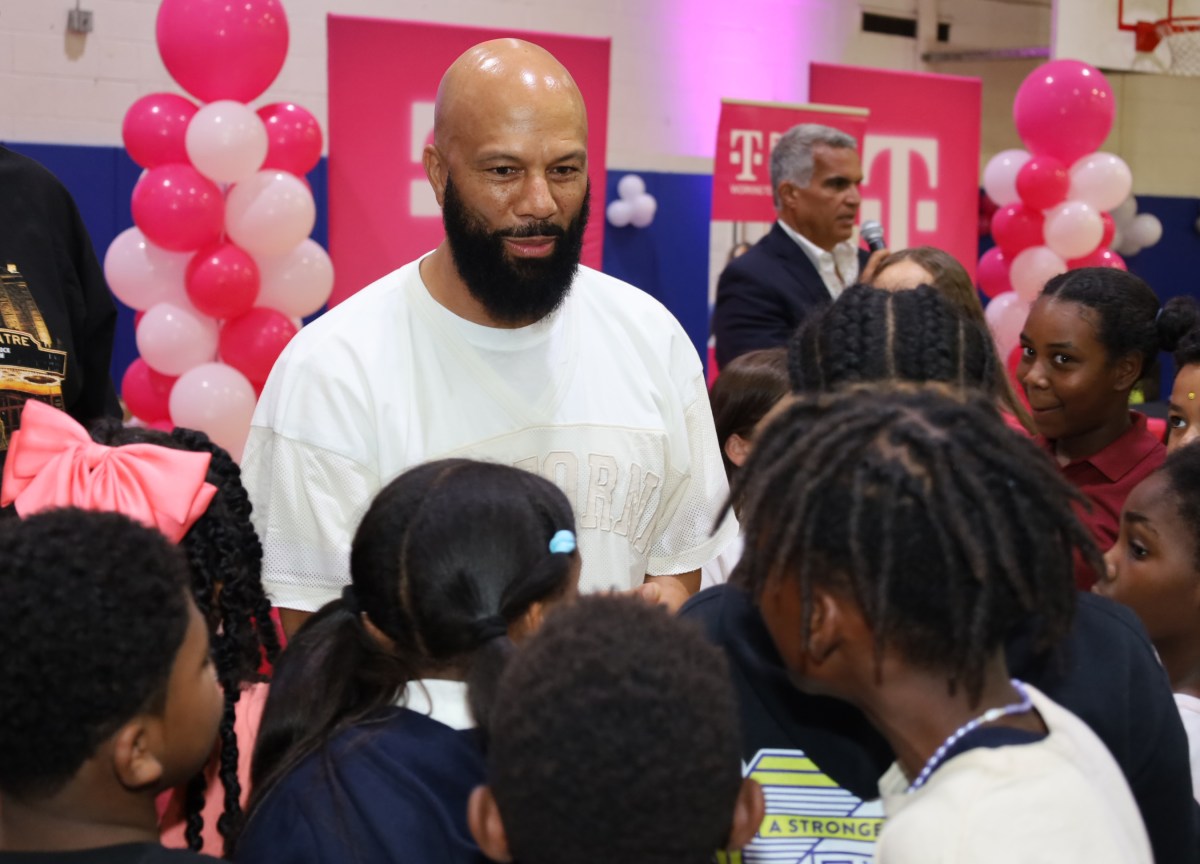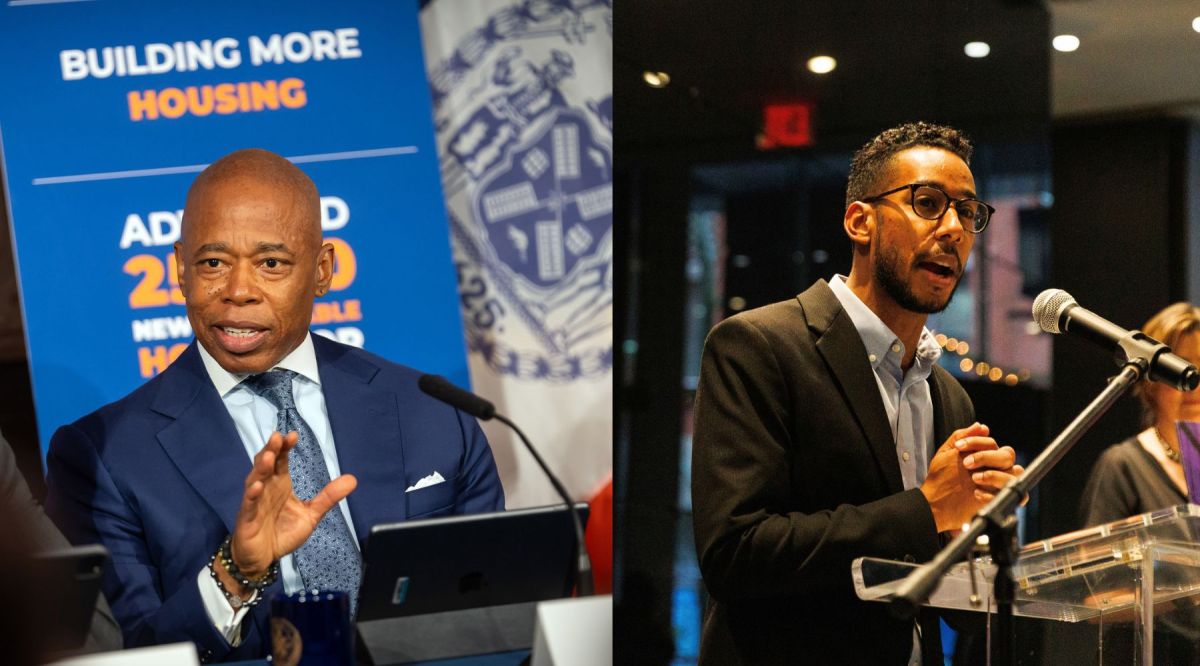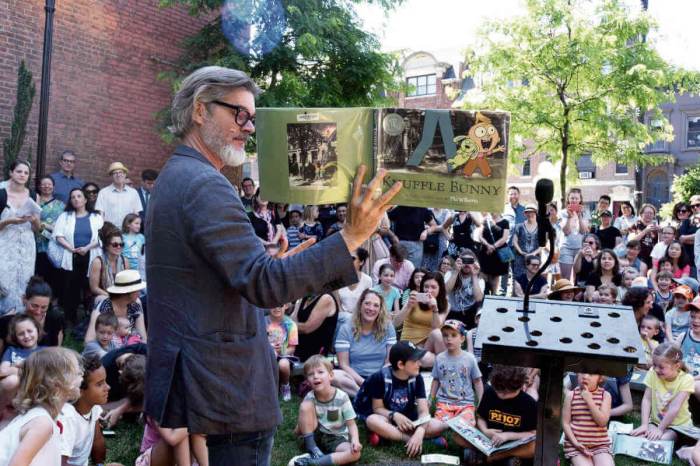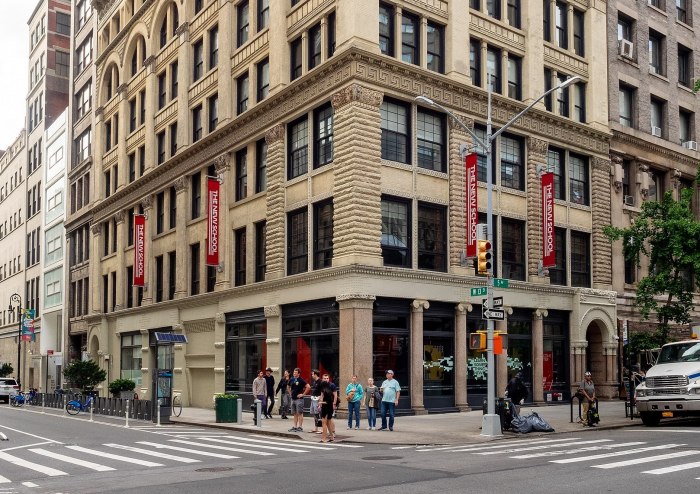By Jared T. Miller
Though they can have superpowers that originate from another planet or at least a radioactive insect, Larry Hama believes there’s a more human story behind the superheroes of our childhood.
“The thing is, comics involved something that was sort of the immigrant boy’s dream,” said Hama, 60, a Tribeca resident, and a writer and illustrator for Marvel Comics.
Hama’s not alone in linking the immigrant experience with the comic book experience; in fact, at Saturday’s “Asian American ComiCon,” during which he received an award for his work on G.I. Joe and several other comics, the notion was a popular one. The Asian-themed comic book convention — believed to be the first of its kind — provided a way for comic illustrators and writers to meet and get feedback about their work, as well as talk about issues of Asian culture and the ways in which it has permeated the world of comics. It was also one of the first events to be held at the Museum of Chinese in America’s new space on Centre St. designed by renowned architect Maya Lin. Several hundred people attended including many non-Asians.
Hama is best known for creating the mythology behind the G.I. Joe universe, and working on the X-men character Wolverine. He was the recipient of the convention’s inaugural Henry Yoshitaka Kiyama Award, which recognized his role in “shaping the culture of visual storytelling” in America throughout his career.
The award, whose namesake published one of the first American graphic novels in 1930, seems appropriate given Hama’s thoughts on the back story of popular comic heroes. Kiyama’s graphic novel dealt with the story of the author’s own immigration to San Francisco, and used newspaper-style drawn panels to do so. Though the characters have evolved over the decades since its publication, Hama said the immigrant experience is still a central theme, even for the most iconic of American heroes.
“What is Superman?” Hama asked, rhetorically. “He’s like, the immigrant. He comes from this other place and he’s got to make his way here in this whole new world.”
The notion of foreign culture and its effects on American society was a strong focus of the day’s events. Panel discussions like “The Asianization of Pop Culture,” and others centered on the diversity present in the comic book industry and the introduction of new Asian comic forms, like Manga and Anime, into the American consciousness. It also afforded the illustrators and writers in question a chance to get feedback from each other as well as the fans that walked the halls of the convention throughout the day. Additionally, according to Marvel Comics illustrator Sean Chen, the large Asian presence in comic book culture comes from the disproportionately high number of Asian Americans working on the industry’s most popular comics.
Comic books “have a lot of Asian American influences just because of the creators,” explained Chen, best known for his work on the character Iron Man, as he inked one of his sketches for a fan. “[This convention] is an acknowledgement of that, a celebration of that, and I think it’s about time for this to happen.”
The recent increase in diversity might also have benefits for those on the receiving end of the cultural diffusion.
“Fantasy worlds, for the longest time, have been predominantly Caucasian,” said Denise Cataudella, 50, who is black. “I’d like to see more people of color get into fantasy and be portrayed.”
But, for event co-chair and filmmaker Greg Pak, who has also written for Marvel comics, there is a common theme at the core of the immigrant experience. Being an outsider and hearing that your background can be a limitation, he says, is something that we all feel at one time or another.
“There’s a universal way in which people of all different backgrounds feel this sense of potential inside of them that they’re striving to find a way to express,” said Pak. “I think superheroes let us play with that, and give us a way to imagine ourselves doing that thing we are destined to do.”




